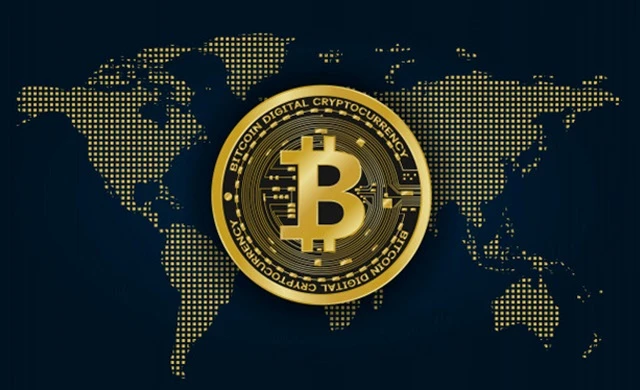Using Crypto Does Not Change the Legality of Gambling
We presume that gambling with crypto falls in the same legal category as gambling with government currency, as there are no specific laws relating to gambling with crypto.
So, if online gambling with your local currency is legal where you are, then online gambling with crypto is also legal where you are. If online gambling is illegal where you are gambling with – crypto is also illegal. The fact that crypto is being used does not change the legality of gambling.
However, on a practical level, crypto has the benefit of being anonymous and censorship-resistant, making gambling with crypto legally or otherwise more appealing.
Naive netizens often ask if running a crypto casino would be legal in the USA “since no money is being bet, only crypto”.
No, that’s not how it works.
Anti-gambling laws are deliberately broad and use terms like
🔹“money or money-like instrument”
🔹“money or items of monetary value”
🔹“consideration” – where consideration is defined as “something of value”
For example, the United States defines gambling in part as:
(1)Bet or wager.—The term “bet or wager”— (A)means the staking or risking by any person of something of value upon the outcome of a contest of others, a sporting event, or a game subject to chance, upon an agreement or understanding that the person or another person will receive something of value in the event of a certain outcome;
Will Governments Try to Stop Crypto Gambling?
Individual gamblers will not be the target of law enforcement. There have been many crackdowns on online gambling in various jurisdictions, but these crackdowns have always been against the operators, never against the individual users.
🔹 The US Department of Justice’s seizure of Full Tilt Poker, Pokerstars and Ultimate Bet is a standard example, the authorities went after the gambling sites, not the individual users.
The US Department of Justice’s method of attacking government currency gambling operators that it does not approve of is to cut off the user’s ability to deposit and withdraw. They do this by penalizing payment processors and financial institutions if they allow payments to gambling operators.
🔹 This is not possible with crypto gambling operators so if authorities want to move against them they will have to resort to domain and server seizures and physical raids.
🔹 Even these extreme measures will not stop crypto gambling.
🔹 Censorship-resistant technology, such as namecoin decentralised DNS and MaidSafe decentralized hosting is being developed. These censorship resistance methods are evolving faster than the government bureaucracy can respond to them.

Crypto Gambling Licenses
🔷 Companies with licenses to offer online gambling globally argue that other nations’ local gambling laws do not apply to them. They are only required to follow the laws in the jurisdiction in which they are licensed and located not wherever their users are.
🔷 Contrary to this, some lawyers argue that having a website available in a country and accepting users from that country means a business is operating in that country, even if that business’s servers and license are not located there.
🔹Attempts by politicians, media and local gambling operators to paint offshore sites as unlicensed lawbreakers are self-serving and meant to protect incumbents and tax revenue.
🔹 Just because a company is not separately licensed in every nation in the world does not make them unlicensed if they have a license to offer their product globally from their home jurisdiction.
🔹 There is no reason to think because an operator does not have a license in your country that it must be a shady and unlicensed operator.
Other jurisdictions have strict gambling laws, licensing regulations and player protections and many high-quality, safe and law-abiding gambling sites operate under them.
🔹 Given most crypto gambling operators allow users to be anonymous they cannot comply with licenses that require know-your-customer ID verification procedures which involve collecting and storing users’ identity and personal information.
🔹 Real-world experience such as the Sports Alive debacle in Australia, Full Tilt Poker and the Ultimate Bet scandal shows us that a license is no guarantee of competence, honesty or legal protection for customers if things go badly.
Where Are the Licensing Jurisdictions and Operators?
Low-taxing international centres for online gambling licenses include
- Alderney
- The Northern Territory in Australia
- Curacao
- The Isle of Man
- Gibraltar
- Malta
- Montenegro
- The Philippines
The main centres for the crypto gambling industry are
- San Jose, Costa Rica
- Panama City, Panama
- Manila, Philippines
Having a gambling license somewhere does not mean the company has to be wholly located in that jurisdiction. They only need to have the servers on which the bets are being placed there. Often this is just a token server holding a site back up and the real live servers are located wherever is best for the business.

Will Wood

Author
A pro gambling writer since 2015, immersed in the world of crypto since 2016. I've built up a wealth of knowledge and experience in both crypto gambling and crypto betting, making me one of the most prominent voices in the industry.
More by Will Wood

Reviewer
Nakul Shah





